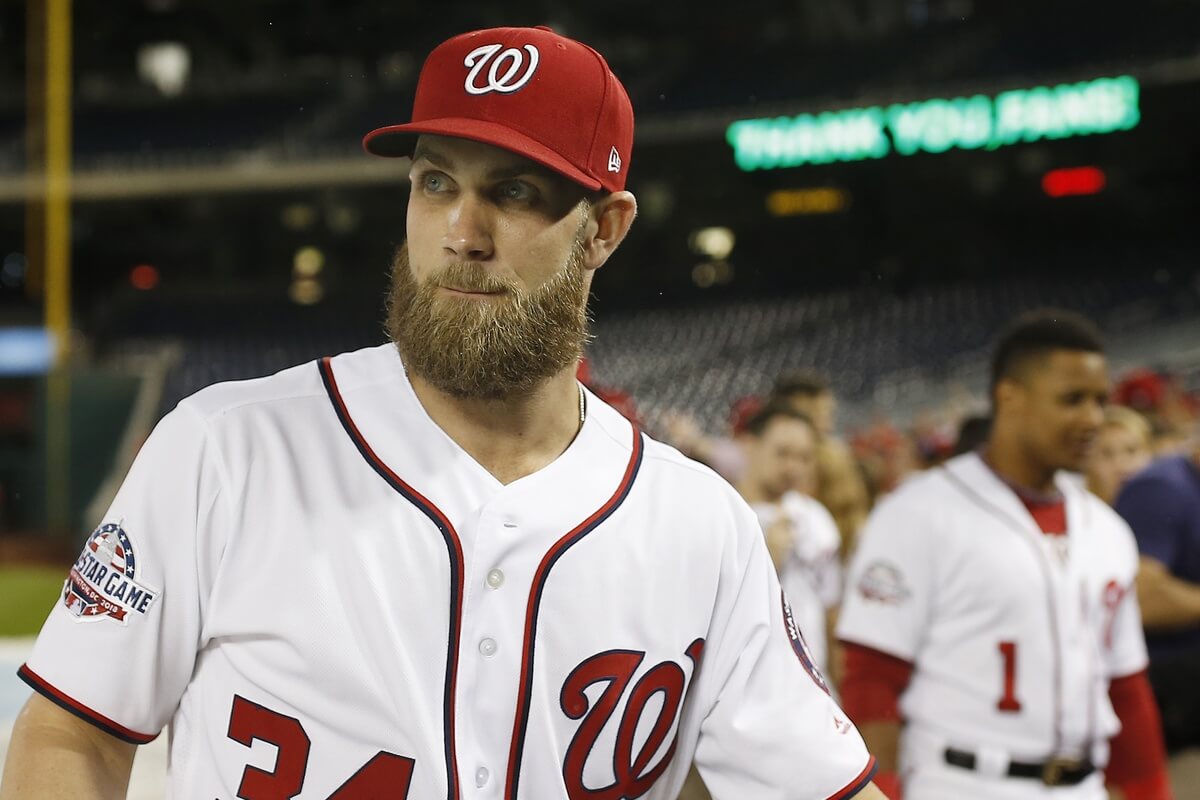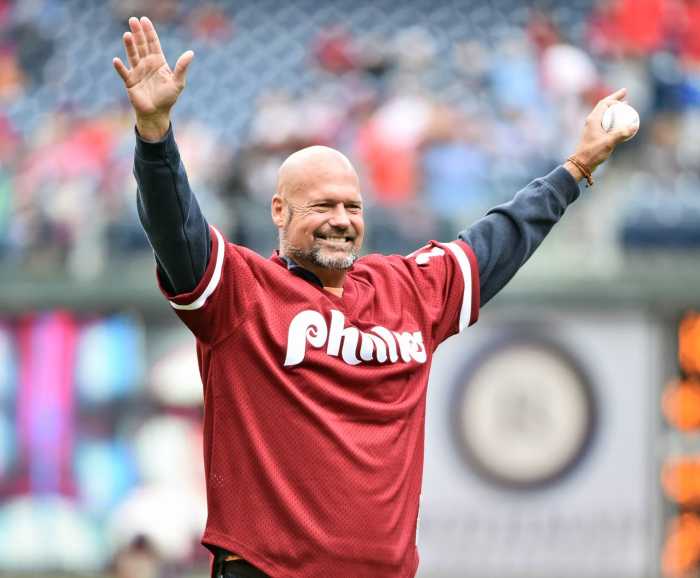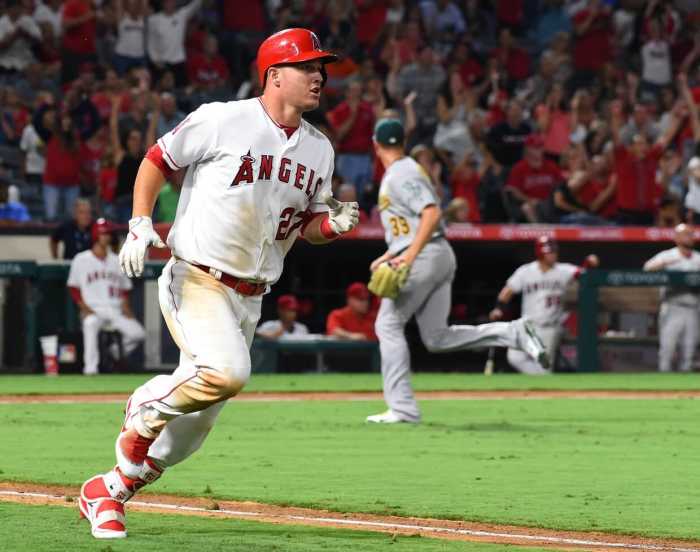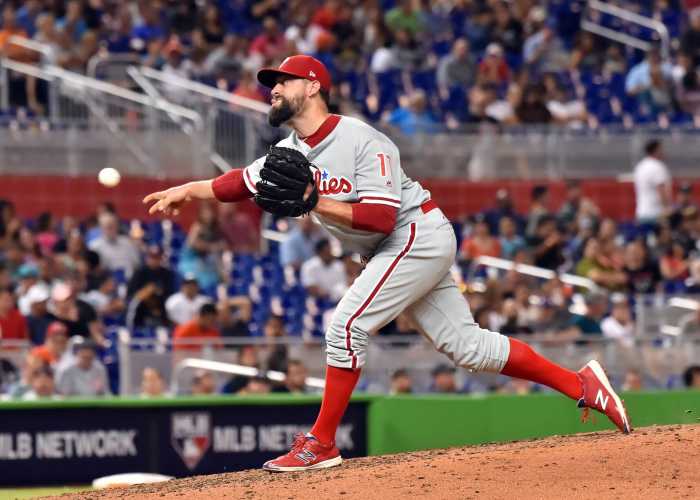As the timeless saying goes, you have to spend money to make money. Business owners, executives, and brain trusts alike have uttered the famous expression countless times as they invest the funds necessary to propel their various enterprises to the next level. While most businesses don’t have millions of die-hard, passionate fans supporting and/or critiquing their every move as professional sports teams do, the philosophy still stands. You have to spend money to make money, no matter the tax bracket, and professional baseball is no different.
This concept seems to have gotten lost amongst MLB owners, however, as their spending has plundered downward for the first time in fifteen years:
Kenley Jansen last winter: "Maybe we have to go on strike."
It's another free-agent chill this winter. Arrieta posted this in wake of salary arbitration, available to 4-6 yr players. The average MLB salary declined in 2018, for first time since 2004, as MLB revenues hit record. https://t.co/Mn13lvJWaY
— Bill Shaikin (@BillShaikin) January 12, 2019
As Phillies pitcher and 2018 free-agent acquisition Jake Arrieta not-so-vaguely alluded to in his tweet, MLB players face a steep uphill climb in their fight towards being fairly compensated. The amount of spending hasn’t just plateaued, it’s regressed, as the report indicates. After being badly burned by lengthy, disastrous contracts such as the Angels-Pujols and BoSox-Sandoval pacts, teams have adopted a far less aggressive, tightfisted approach in free-agency. Owners are protecting their pockets at all costs and have become extremely reluctant to meet the high (albeit fair) contract demands of open-market players.
Foolishly, the majority of the league seems unwilling to exhaust extensive financial resources for ANY talent level. Deciding against blindly shelling out tons of money to an undeserving player is one thing, but refusing to go beyond a certain contractual value no matter the player is a bit unreasonable and absurd quite frankly. In fact, this method is actually contrary to that of recent World Series winners. Here’s a look at the previous World Series winners and where they ranked in total payroll over the past eight seasons:
- ● 2011 Cardinals (10th)
- ● 2012 Giants (7th)
- ● 2013 Red Sox (3rd)
- ● 2014 Giants (5th)
- ● 2015 Royals (13th)
- ● 2016 Cubs (5th)
- ● 2017 Astros (17th)
- ● 2018 Red Sox (1st)
So, since 2011, six of the last eight World Series champions finished top ten in total payroll- including half of them finishing in the top five. Of course, I’m not suggesting that spending hoards of money with reckless abandon will ensure a World Series or even playoff berth.
What the numbers do indicate, however, is that stingily and relentlessly clinging on to money instead of spending it on team improvements is a losing effort.
Seemingly already ahead of the curve, the Phillies have been amongst the top spending teams over the last decade. Owner John Middleton has repeatedly shown his willingness to stretch his wallet for the right talent, and a continued trend could lead to the Phils being the class of the National League. In the midst of penny-pinching teams, Middleton could give GM Matt Klentak and Co. the green light to flex their financial muscle to separate themselves from the rest of the pack.
With the team currently favored to land superstar free-agents Bryce Harper and/or Manny Machado, that separation could start as soon as this offseason. Even if not, though, it’s apparent that the team must be willing to spend in order to acquire the talent required for a championship run. Middleton has already stated that the team ‘may even be a bit stupid’ about their spending this offseason, but that will likely need to be the mantra for the foreseeable future as the team looks to build a dynasty in the City of Brotherly Love.
Mandatory Credit: Geoff Burke-USA TODAY Sports






























